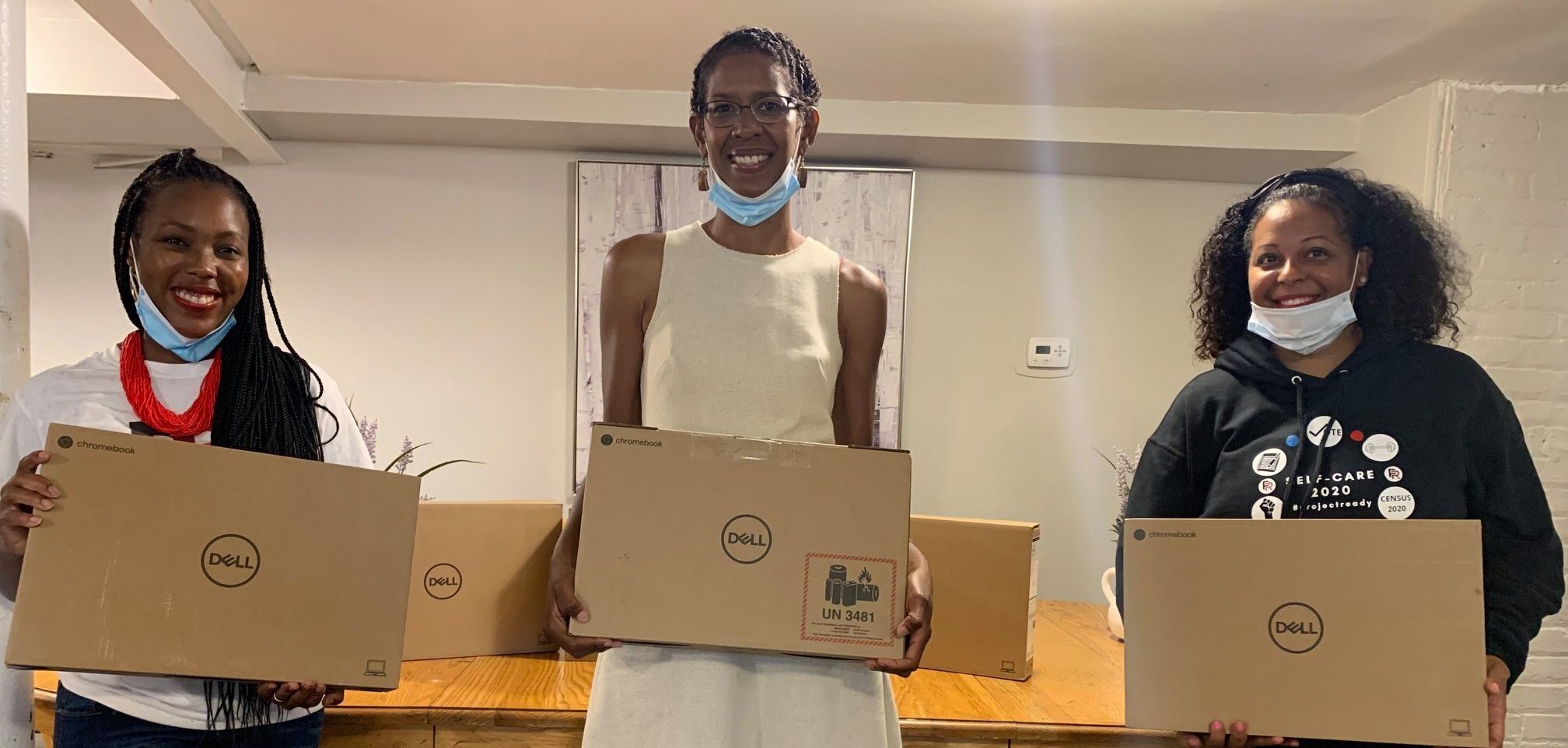Partnering With Generosity of Spirit
During these summer months, temperatures rise, the days stay longer and we get a little more time to slow down and focus on spending time with people we love, doing things that inspire and recharge us. As we head into fall, and back to school and busy work routines, we’ve been thinking about ways to keep some of that summertime inspiration with us.
If you’re reading this email, chances are that you chose your career because you’re committed to creating a better world with more opportunities for the people who live in it. Sometimes, though, as we get deeper into our work, and big change doesn’t happen as fast as we once thought it would, we can lose that initial spark – and might not act as generously or compassionately as we’d like to.
Here are a few ways that we strive to work with a generosity of spirit so that we can best support our partners to achieve their goals.
Before flights take off, flight attendants instruct passengers to put on their own oxygen masks before helping others. Why? Because we won’t be able to show up for anyone if we don’t have oxygen ourselves.
- Being generous with yourself.
Sometimes that feels much easier said than done.
Here are a few quick things to consider when you might need your own oxygen mask:
- Notice the agitation (or your agitation clues). Agitation might be pretty clear for you (Frustration! Anger! Rage!). But if you don’t clearly feel those things, a clue that you might be agitated could look like other, more subtle aggressive reactions (rage cleaning, anyone?) or a hazy, foggy exhaustion. All of these things can clue you in on the fact that you might have a need.
- Pause & get interested. Hello, agitation, old friend! What are you telling me right now? To figure this out, some people like to close their eyes and take deep breaths. Some like walks. I usually jot down a few notes to get clarity.
- Take care of my needs – now or later. You might need a break. Or a meal. Or to touch base with a loved one. Or to stand in the sun. When you take care of these needs – now or later – you’ll start to trust that you can take care of yourself, instead of relying on others.
Once you put on your own oxygen mask, it’s easier to help others to put on theirs. And for an added bonus: the people that you work with will see you taking care of yourself and might be inspired with new ways to take care of themselves and support others too.
- Being generous with others.
While you’re taking care of yourself, you can take steps to make sure that your connections with others are caring too:
- Get to know the people you’re working with. It’s easier to have empathy and feel generously towards those you see as the multi-dimensional human beings that they are. To help guide this process, it helps to ask questions and actively listen to their answers, not like an interview but as a conversation. Here are some of our favorites:
- What brought you into this work?
- What makes you feel most energized about your work?
- What are your favorite ways to communicate?
- Clarity is kindness. Whenever you are communicating – about work products or deadlines – get clear on what everyone needs and communicate it. You know that you want to do a good job and grow – so do others! Being clear with timelines and expectations helps others to do their job well and to grow. And there’s nothing more satisfying than that.
- Trust your gut – and reach out for support. When you start to feel a little less generous, remember that what you’re feeling is normal. You can trust your gut telling you that something about the situation is off. And take the most important next step – reach out to a trusted colleague for support. This will help you clarify the situation with another person who isn’t in your brain. They can help to affirm what you are feeling or uncover biases that you might be bringing into the situation. At the end of this conversation, make a game plan on next steps together. This can be a really hard step – but seeking help is how we grow.
By Sara Bobak



